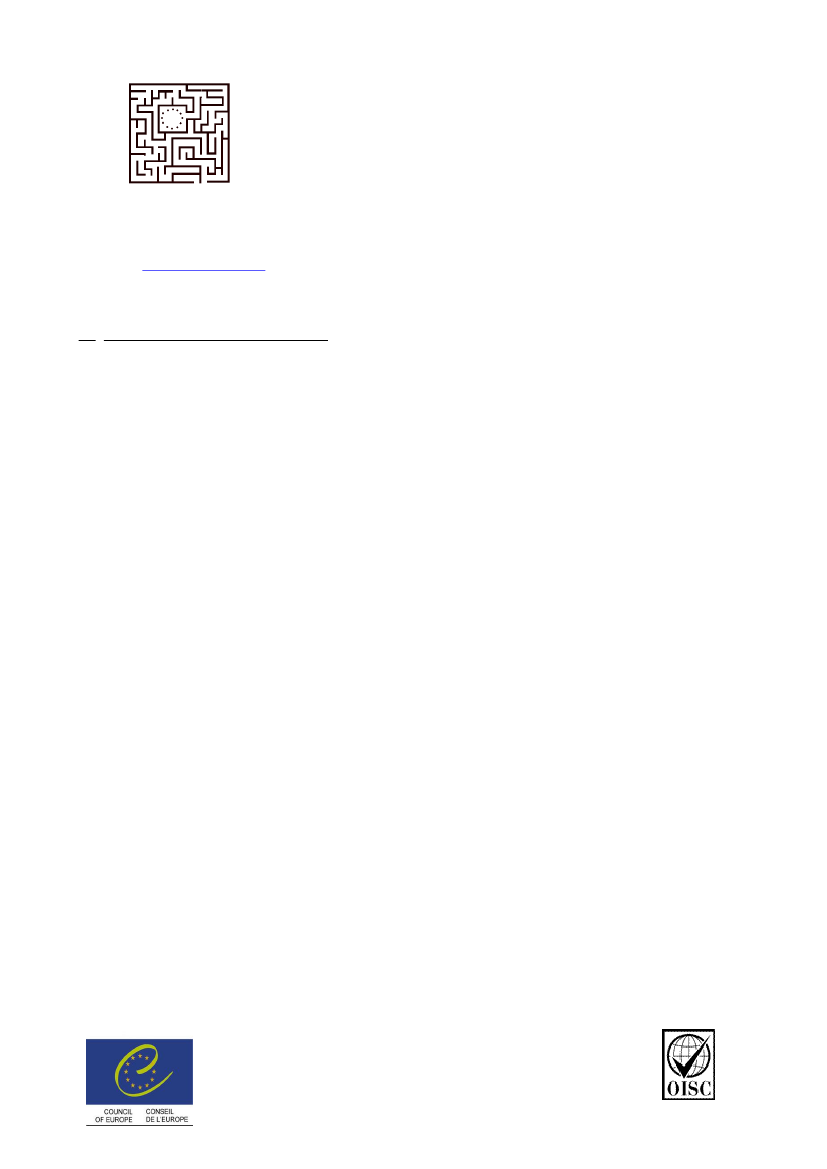Udvalget for Udlændinge- og Integrationspolitik 2011-12
L 104 Bilag 7
Offentligt
THE AIRE CENTREAdvice on Individual Rights in Europe
Bilal IsaBy email:[email protected]27 March 2012Re: Request for Advice, Case No. D.514Dear Mr IsaThank you for your request for advice made by email on 14 November 2011. We have assigned this case thereference number D.514. Please refer to this number in any future correspondence with the AIRE Centreregarding this case. I apologise for the delay in responding to your request.FACTSThe facts of your request for advice, as I understand them, are as follows.You are a Danish national who lived in Denmark until 22 December 2011, at which time you relocated toSweden. You have never lived in any other EU Member State. Your wife, Malak Bdeir Isa, is a Palestiniannational. Your child, Siraj Isa, born 2 January 2011, is also a Danish national.Malak and Siraj are financially dependent entirely on your income.Malak, accompanied by Siraj, was expelled from Denmark to the West Bank, Palestine, on 4 October 2011with a two-year prohibition on re-entry following the refusal of her application for a residence permit forfamily reunification on 24 June 2011. The Ministry of Integration (replaced by Ministry of Justice on 3October 2011) considered that you failed to meet its ‘attachment requirement’ because the combinedattachment of you and Malak to Denmark was not significantly greater than your combined attachment toany other country. On 20 September 2011, the Ministry of Integration rejected your request of 6 July 2011 toreopen the case and considered that, contrary to your view, you could not rely upon Case C-34/09Zambrano.The official documents pertaining to your case are in Danish only.You seek advice on:whether the Ministry of Integration erred in its interpretation ofZambrano;andwhether the AIRE Centre can assist in a legal action against the now Ministry of Justice.APPLICABLE LAWEuropean Convention on Human RightsTreaty on the Functioning of the European UnionEU Directive 2004/38Case C-370/90Surinder SinghAdvice Line: 44 20 7831 3850Telephone: 44 20 7831 4276Fax: 44 20 7404 7760e-mail: [email protected]Third Floor, 17 Red Lion Square, London WC1R 4QH
Company Limited by Guarantee, Reg. No. 2824400 Charity Registered No. 1090336
Participatory Status
Organisation No.N200600055
¶2¶Case C-34/09ZambranoCase C-256/11DereciADVICEWhether the Ministry of Integration erred in its interpretation ofZambranoZambrano: Right to resideIn Case C-34/09Zambrano,the Court of Justice of the European Union (‘CJEU’) established that a third-country national (i.e. non EU citizen), upon whom an EU citizen child is dependent, has a right to reside inthe EU Member State of that child’s nationality if it is necessary to ensure that the child is not deprived ofthe genuine enjoyment of the substance of the rights conferred by virtue of his/her status as an EU citizen(paragraph 42). This right derives from Article 20 Treaty on the Functioning of the European Union. This isnot a ‘free movement’ right. It is about the right of EU citizen children to live in the EU, notably in theircountry of underlying nationality (in your child’s case, Denmark).The CJEU in Case C-256/11Dereciclarified and significantly qualified the meaning ofZambrano: ‘thecriterion relating to the denial of the genuine enjoyment of the substance of the rights conferred by virtue ofEuropean Union citizen status refers to situations in which the Union citizen has, in fact, to leave not onlythe territory of the Member State of which he is a national but also the territory of the Union as a whole’(paragraph 66).Siraj, a Danish citizen, has now left the territory of the EU, so this clearly applies to him. The question iswhether now it is necessary to grant your wife, Malak, a right to reside in Denmark in order to ensure thatSiraj can return to the EU.Zambrano and Dereci: Did Siraj have to leave the territory of Denmark and the EU?The Ministry of Integration’s position would probably be that Siraj did not have to leave and, consequently,your case fell outside the scope ofZambranoandDereci.Siraj was not officially expelled from Denmarkand you, as a parent upon whom Siraj was or could become dependent, were available as an alternative carer.We think there is a strong answer to this argument. You could argue that, whilst Siraj was not officiallyexpelled from Denmark, the expulsion of Malak amounted to Siraj’s constructive expulsion from EUterritory (Zambrano, paragraph 84) and, in turn, he was deprived of the genuine enjoyment of the substanceof the rights conferred by virtue of EU citizenship. It was constructive expulsion because Siraj had to leaveDenmark by virtue of his dependency upon Malak. This dependency, which is daily, emotional andpsychological, arises because of the mother and child bond, which was, at the time of Malak’s final removaldecision, particularly strong given that Siraj was only eight months old. Siraj’s dependency upon Malakcould be viewed as having primacy over his dependency upon you, weakening the argument that you couldsimply look after him. The strength of this dependency would also counter any suggestion of keeping thefamily together on the basis of mere desirability. EU law in this area must be interpreted in line with theEuropean Convention on Human Rights, Article 8 of which protects the right to respect for family life. Whatthe Danish authorities have essentially done is give your son a choice between enjoying his EU citizenshiprights by living in Europe or enjoying family rights with his mother. Such a choice is not acceptable.Alternative solutionThere is now another possibility however. You are now living in Sweden. If you are exercising your EUfree-movement rights there by working, being self-employed, studying or living as a self-sufficient person,you do not have to rely onZambranoto bring your son and wife back to Europe. Your wife will have a rightdirectly under EU Directive 2004/38 to come and live in Sweden as, of course, will your son. Your wife can
¶3¶obtain an entry visa free of charge from the Swedish authorities and, when she comes to Sweden, she can geta residence card, also free of charge.If you, your wife and son live in Sweden for some time while you exercise your residence rights there andyou then later decide to move to Denmark, your wife will also be able to join you. This is because EUcitizens living and exercising residence rights in other EU Member States with their non-EU family membersare allowed to return to their country of origin (in this case Denmark) with those family members. This wasestablished by the CJEU in Case C-370/90Surinder Singh(paragraphs 21, 25).Next StepsThe AIRE Centre is a small charity with limited resources, capable only of taking on a very select number ofcases within our expertise. Our scope of expertise does not extend to Danish legal proceedings. Regretfully,therefore, we are unable to assist you in a legal action against the Ministry of Justice. You may wish toconsult a lawyer in Denmark in this regard and show him/her this advice.In any event, however, there may be a more practical solution. If you are living and exercising yourresidence rights in Sweden, your wife can come and join you there now with your son. She should be able toget an entry visa and a residence card for free. All she has to do is prove you are married and that you areexercising residence rights in Sweden. If you later decide to move as a family to Denmark, you will be ableto do so as well. You should contact the Swedish authorities to ask how to apply for the necessary entry andresidence documents.I hope this advice is helpful. Please do not hesitate to contact me ([email protected]) if I canprovide any further information.Yours sincerelyOmkar SidhuCaseworker



